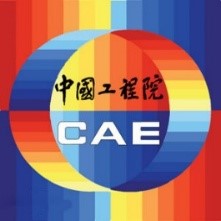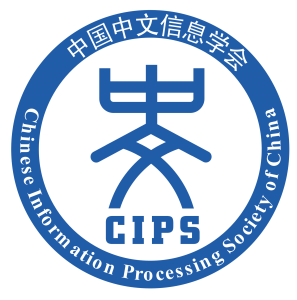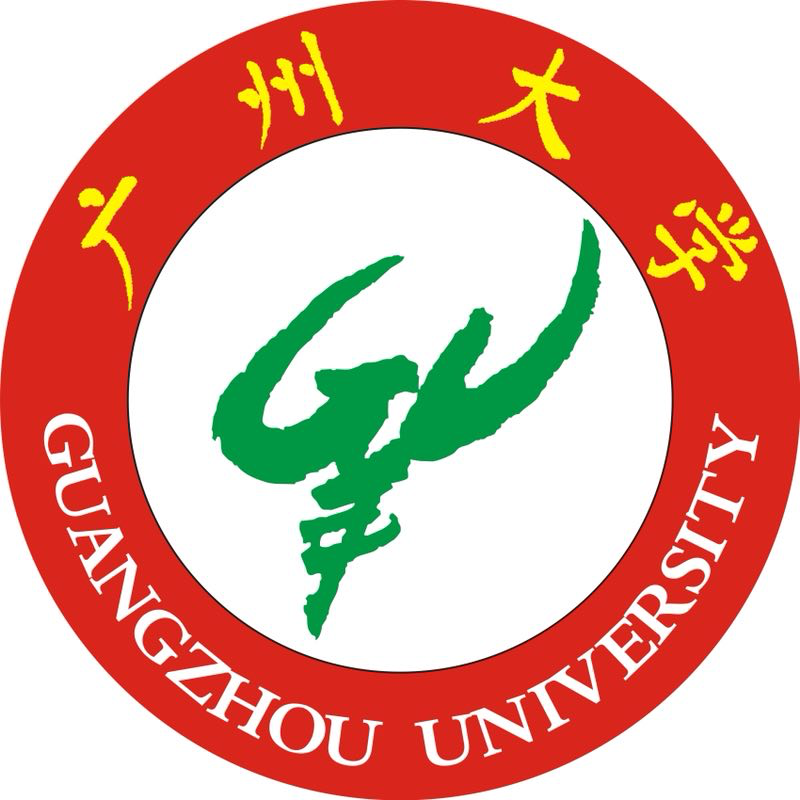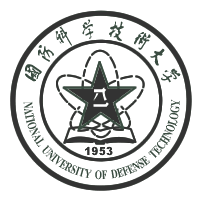KEYNOTES
Title: Broad Learning via Fusion of Heterogeneous Information

|
09:45-10:30, Tuesday, June 19, 2018 Speaker: Philip S. Yu, University of Illinois at Chicago, USA |
Abstract: In the era of big data, there are abundant of data available across many different data sources in various formats. “Broad Learning” is a new type of learning task, which focuses on fusing multiple large-scale information sources of diverse varieties together and carrying out synergistic data mining tasks across these fused sources in one unified analytic. Great challenges exist on “Broad Learning” for the effective fusion of relevant knowledge across different data sources, which depend upon not only the relatedness of these data sources, but also the target application problem. In this talk we examine how to fuse heterogeneous information to improve mining effectiveness over various applications, including social network, recommendation, mobile health (m-health) and Question Answering (QA).
Short Bio: Philip S. Yu received the PhD degree in electrical engineering from Stanford University. He is a distinguished professor in computer science with the University of Illinois at Chicago and is also the Wexler chair in information technology. He was a manager of the Software Tools and Techniques Group, Watson Research Center of IBM. His research interests include big data and data mining. He is a fellow of the ACM and the IEEE.
Title: Predictability of Extreme Climate Events via a Complex Network Approach

|
10:30-11:15, Tuesday, June 19, 2018 Speaker: Jürgen Kurths, Potsdam Institute for Climate Impact Research & Humboldt University, Berlin, Germany |
Abstract: We analyse climate dynamics from a complex network approach. This leads to an inverse problem: Is there a backbone-like structure underlying the climate system? For this we propose a method to reconstruct and analyze a complex network from data generated by a spatio-temporal dynamical system. This approach enables us to uncover relations to global circulation patterns in oceans and atmosphere. This concept is then applied to Monsoon data; in particular, we develop a general framework to predict extreme events by combining a non-linear synchronization technique with complex networks. Applying this method, we uncover a new mechanism of extreme floods in the eastern Central Andes which could be used for operational forecasts. Moreover, we analyze the Indian Summer Monsoon (ISM) and identify two regions of high importance. By estimating an underlying critical point, this leads to a substantially improved prediction of the onset of the ISM.
Short Bio: Jürgen Kurths received the Diploma in mathematics with the University of Rostock, Rostock, Germany, and the Ph.D. degree from the GDR Academy of Sciences, Berlin, Germany, in 1983. He was a Full Professor with the University of Potsdam, Potsdam, Germany, from 1994 to 2008. Since 2008, he has been a Professor of Nonlinear Dynamics with the Humboldt University of Berlin, Berlin, Germany, and the Chair of the research domain Transdisciplinary Concepts with the Pots- dam Institute for Climate Impact Research, Potsdam. Since 2009, he has been the 6th Century Chair of Aberdeen University, Aberdeen, U.K. He has published more than 600 papers (H-factor: 64). His current research interests include synchronization, complex networks, and time series analysis and their applications. Dr. Kurths is a Fellow of the American Physical Society. He received the Alexander von Humboldt Research Award from CSIR, India, in 2005, and the Honorary Doctorate from the Lobachevsky University Nizhny Novgorod, in 2008, and from the State University Saratov, in 2012. He became a member of the Academia Europaea in 2010 and of the Macedonian Academy of Sciences and Arts in 2012. He is an Editor of PLoS ONE, the Philosophical Transactions of the Royal Society A, and the Journal of Nonlinear Science, CHAOS.
Reference:
- Runge, J., J. Heitzig, V. Petoukhov, J. Kurths, Phys. Rev. Lett. 108, 258701 (2012)
- Boers, N., B. Bookhagen, N. Marwan, J. Kurths, and J. Marengo, Geophys. Res. Lett. 40, 4386 (2013)
- N. Boers, B. Bookhagen, H.M.J. Barbosa, N. Marwan, J. Kurths, and J.A. Marengo, Nature Communications 5, 5199 (2014)
- N. Boers, R. Donner, B. Bookhagen, and J. Kurths, Climate Dynamics 45, 619 (2015)
- J. Runge et al., Nature Communications 6, 8502 (2015)
- V. Stolbova, E. Surovyatkina, B. Bookhagen, and J. Kurths, Geophys. Res. Lett. (2016)
- D. Eroglu, F. McRobies, I. Ozken, T. Stemler, K. Wyrwoll, S. Breitenbach, N. Marwan, J. Kurths, Nature Communications 7, 12929 (2016)
- B. Goswami, N. Boers, A. Rheinwalt, N. Marwan, J. Heitzig, S. Breitenbach, J. Kurths, Nature Communications 9, 48(2018)
Title: Towards Big Graph Processing: Applications, Challenges, and Advances

|
11:15-12:00, Tuesday, June 19, 2018 Speaker: Xuemin Lin, University of New South Wales, Australia |
Abstract: Graph data are key parts of Big Data and widely used for modelling complex structured data with a broad spectrum of applications. Over the last decade, tremendous research efforts have been devoted to many fundamental problems in managing and analysing graph data. In this talk, I will cover various applications, challenges, and recent advances. We will also look to the future of the area.
Short Bio: Xuemin Lin is a UNSW Scientia Professor , the head of database group in the school of computer science and engineering at UNSW, and a current Professor at ECNU (specially appointed by the Chinese National Thousands Distinguished Professors Program). He is a fellow of IEEE. Xuemin's research interests lie in databases, data mining, algorithms, and complexities. Specifically, he is working in the areas of scalable processing and mining of various data, including graph, spatial-temporal, streaming, text and uncertain data.
Xuemin has been very frequently serving as a PC member and area chairs (senior PC members) in SIGMOD, VLDB, ICDE, ICDM, KDD, CIKM, and EDBT. He received the honour of outstanding reviewer in KDD2012. He was an associate editor of ACM TODS (2008-2014) and IEEE TKDE (Feb 2013- Jan 2015), and an associate editor-in-Chief of TKDE (2015-2016), respectively. Currently, he is the editor-in-Chief of TKDE (Jan 2017 - now) and an associate editor of WWW Journal (2013 - now).









